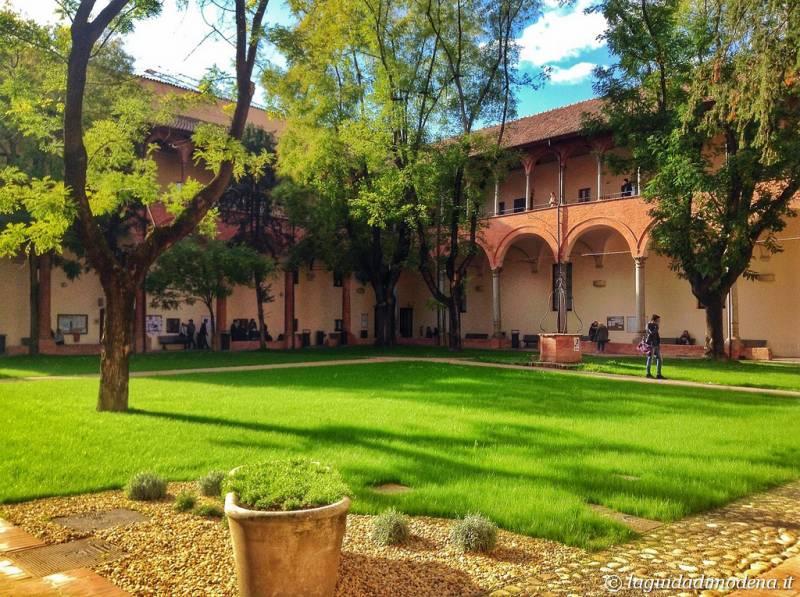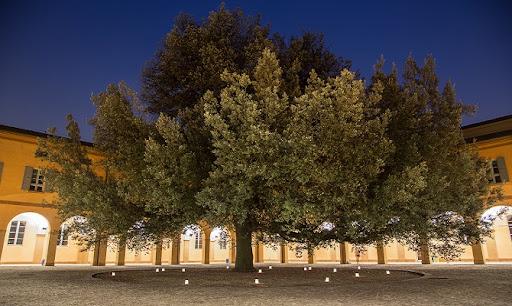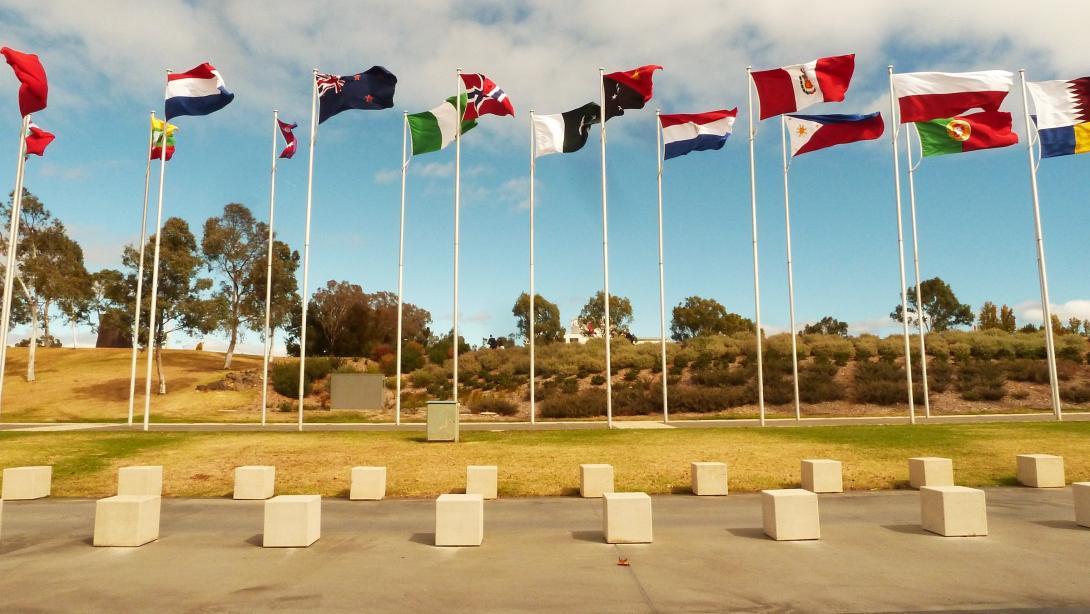Legal studies in Modena have one of the oldest traditions in Europe, as they began with the magisterium of the glossator Pillio da Medicina in 1175. After its decline in the early 14th century, the Athenaeum resumed operation in 1682 and the Faculty of Law gradually regained its prestige: Ludovico Antonio Muratori graduated from the University in 1694; Bartolomeo Valdrighi, professor of public law and dean of the faculty, drafted the Estense Code in 1771 and reformed the University's operation in 1772; in 1776 Giuseppe Luosi, later Minister of Justice in the Kingdom of Italy, graduated from the University. He was responsible for the translation into Italian and promulgation of the Napoleonic Civil Code in 1806. With national unification, the University of Modena had to react to various attempts by governments to downgrade it as a 'minor' compared to the larger universities (with the reforms of the ministers Ferdinando Martini, in 1893, and Giovanni Gentile, in 1923). Despite this, legal studies in Modena always enjoyed an excellent reputation. In 1923, Sandro Pertini, the great Resistant and future President of the Republic, graduated there. Among the most illustrious professors of the Republican era was Giuseppe Dossetti, professor of ecclesiastical law, also a great Resistant and one of the authors of the 1948 Constitution.





